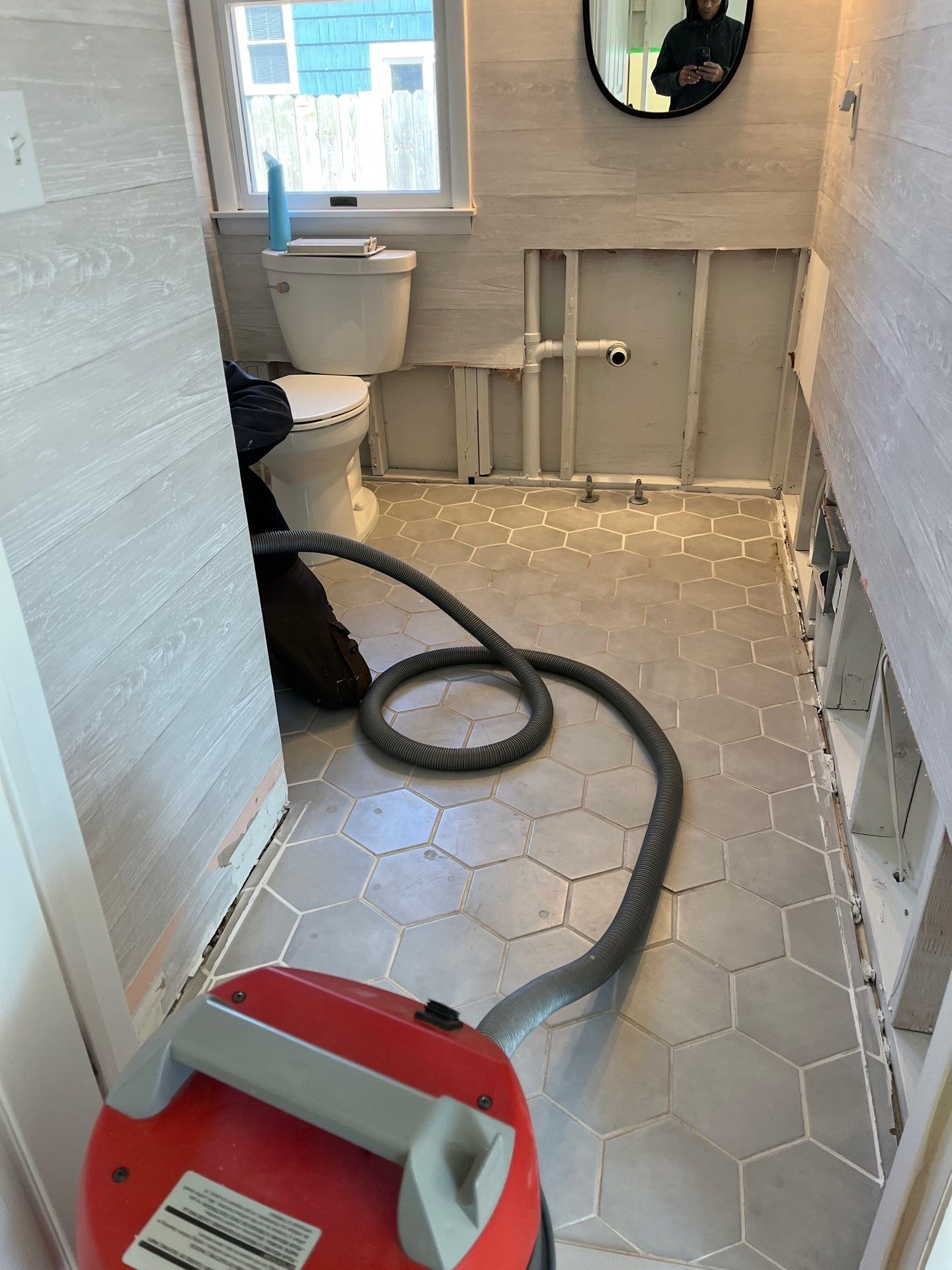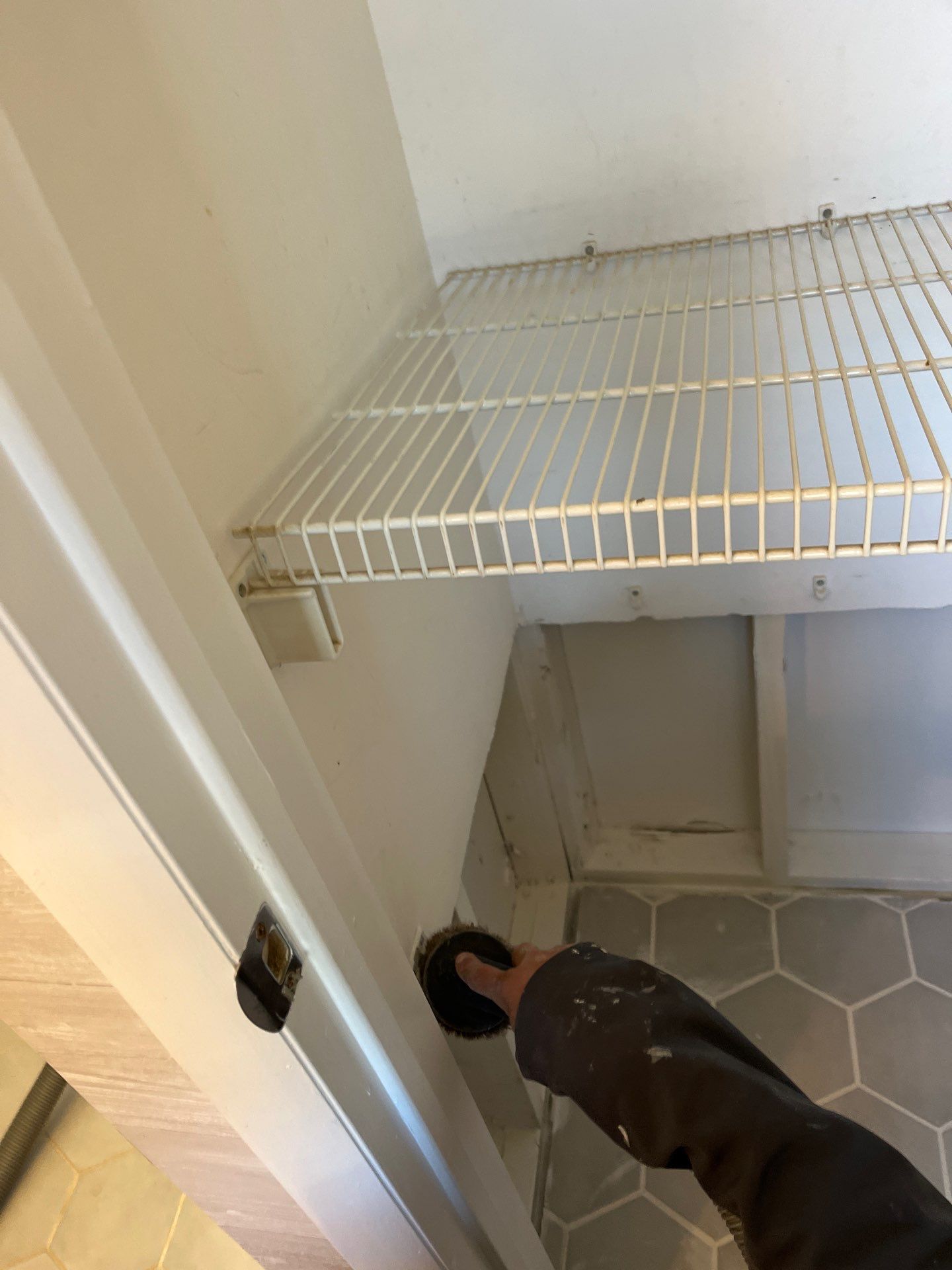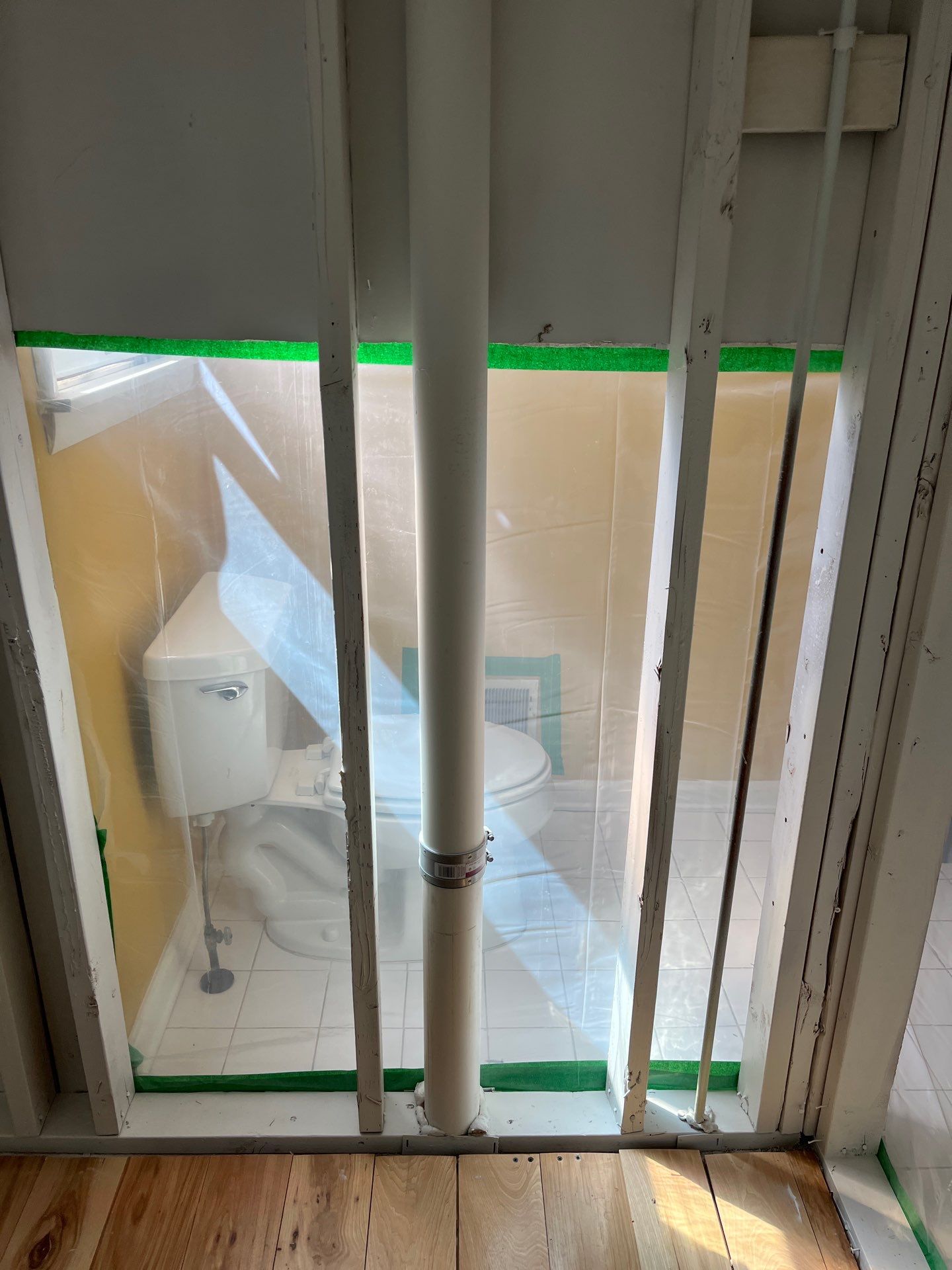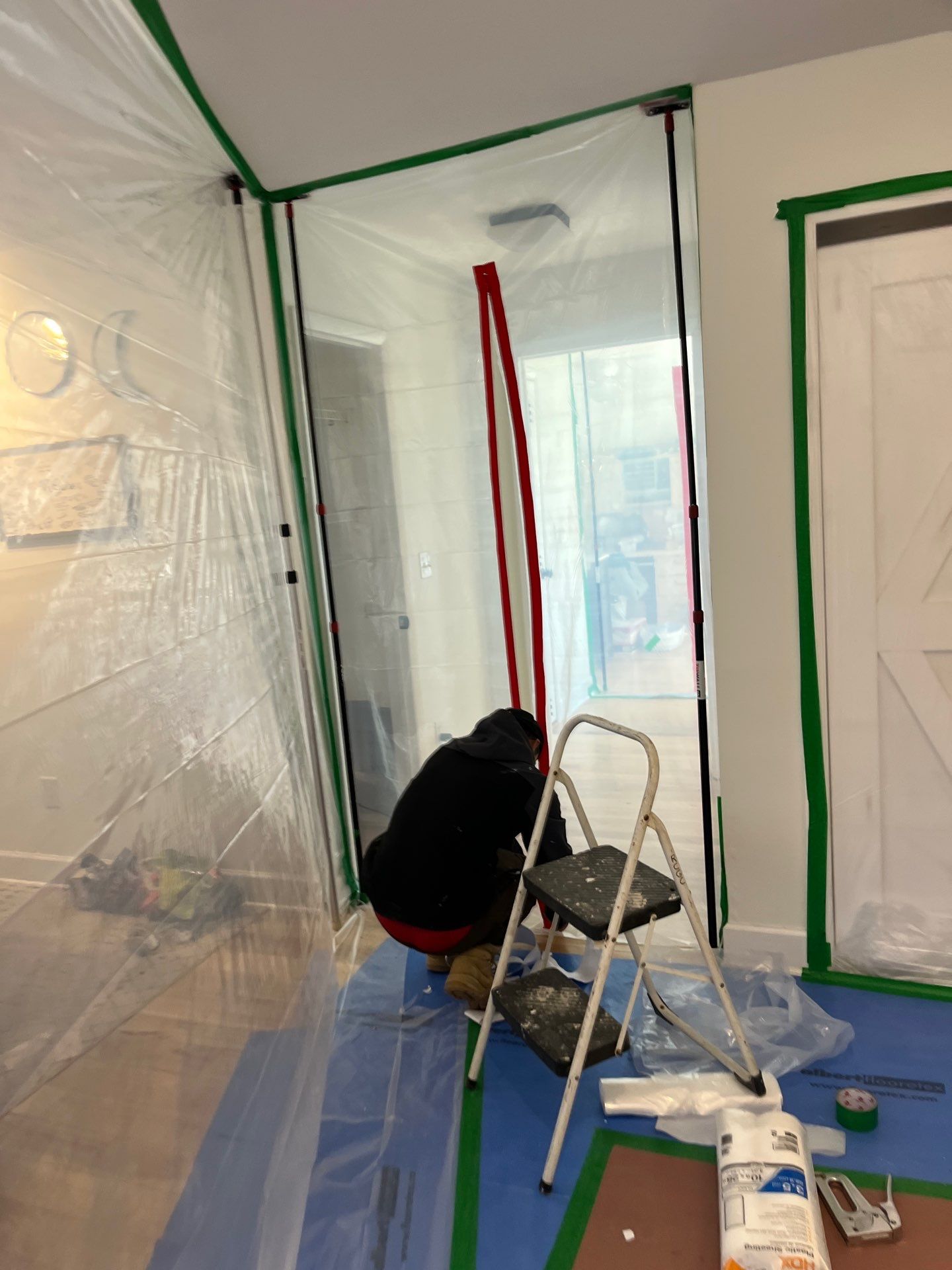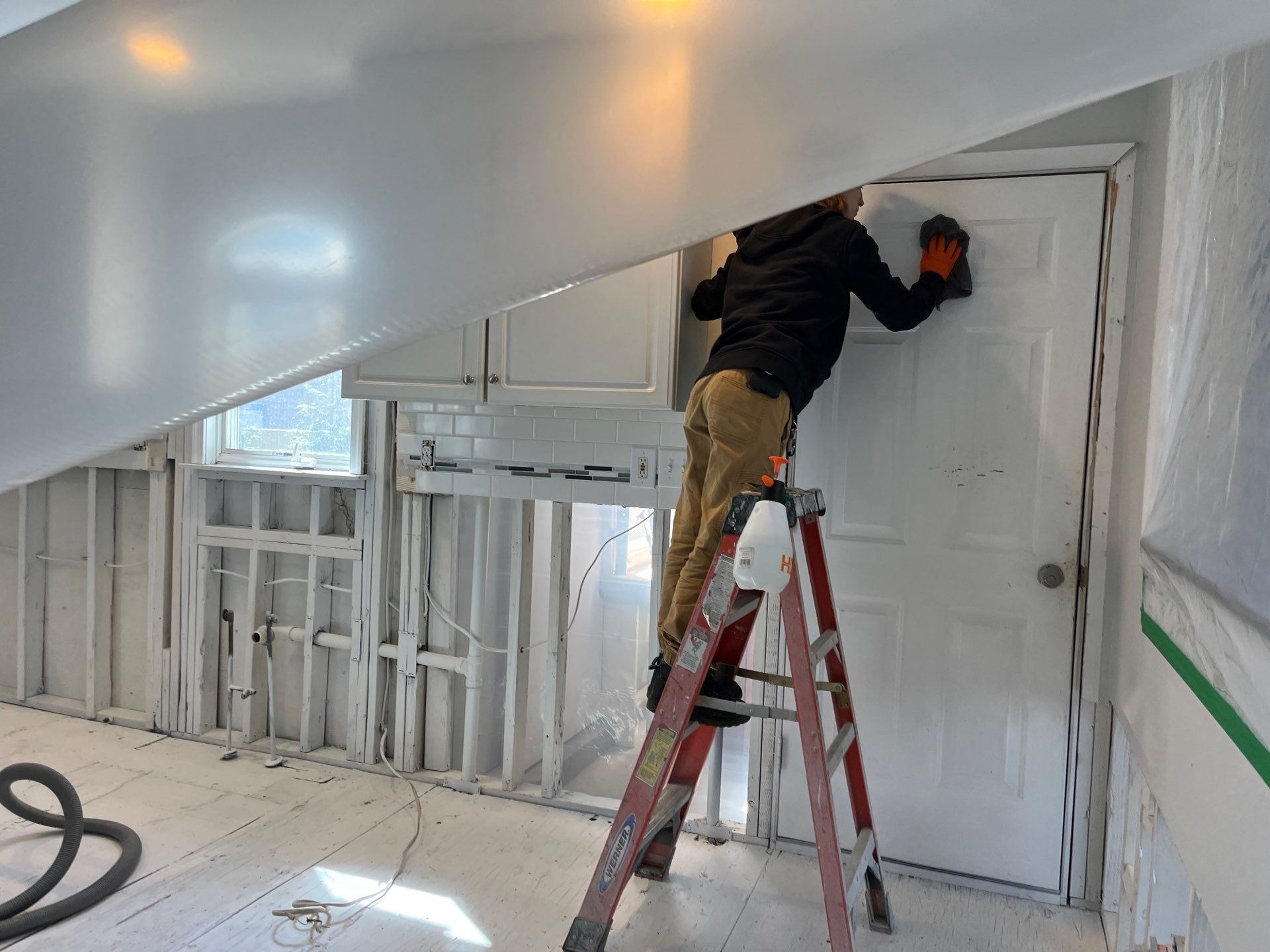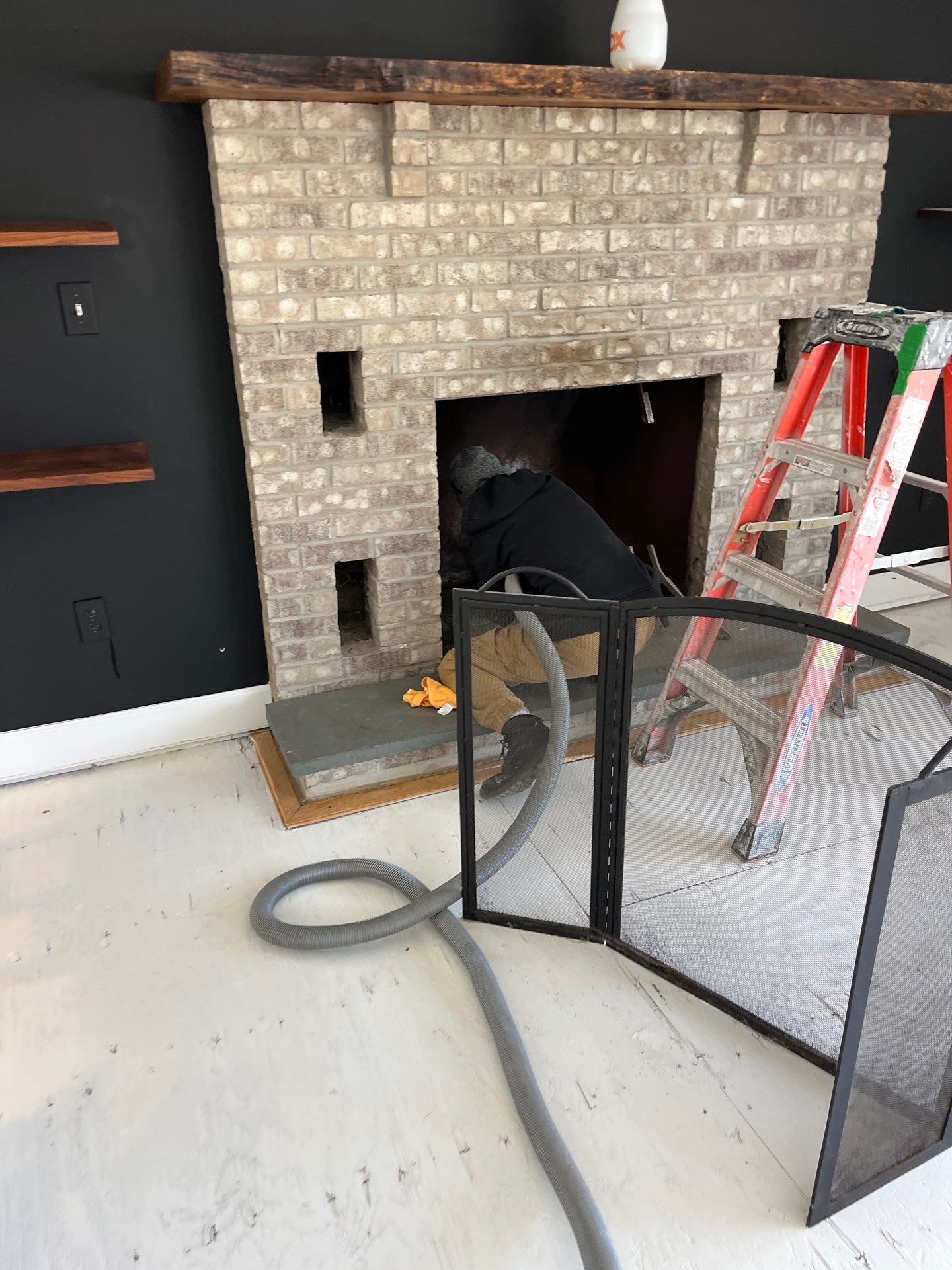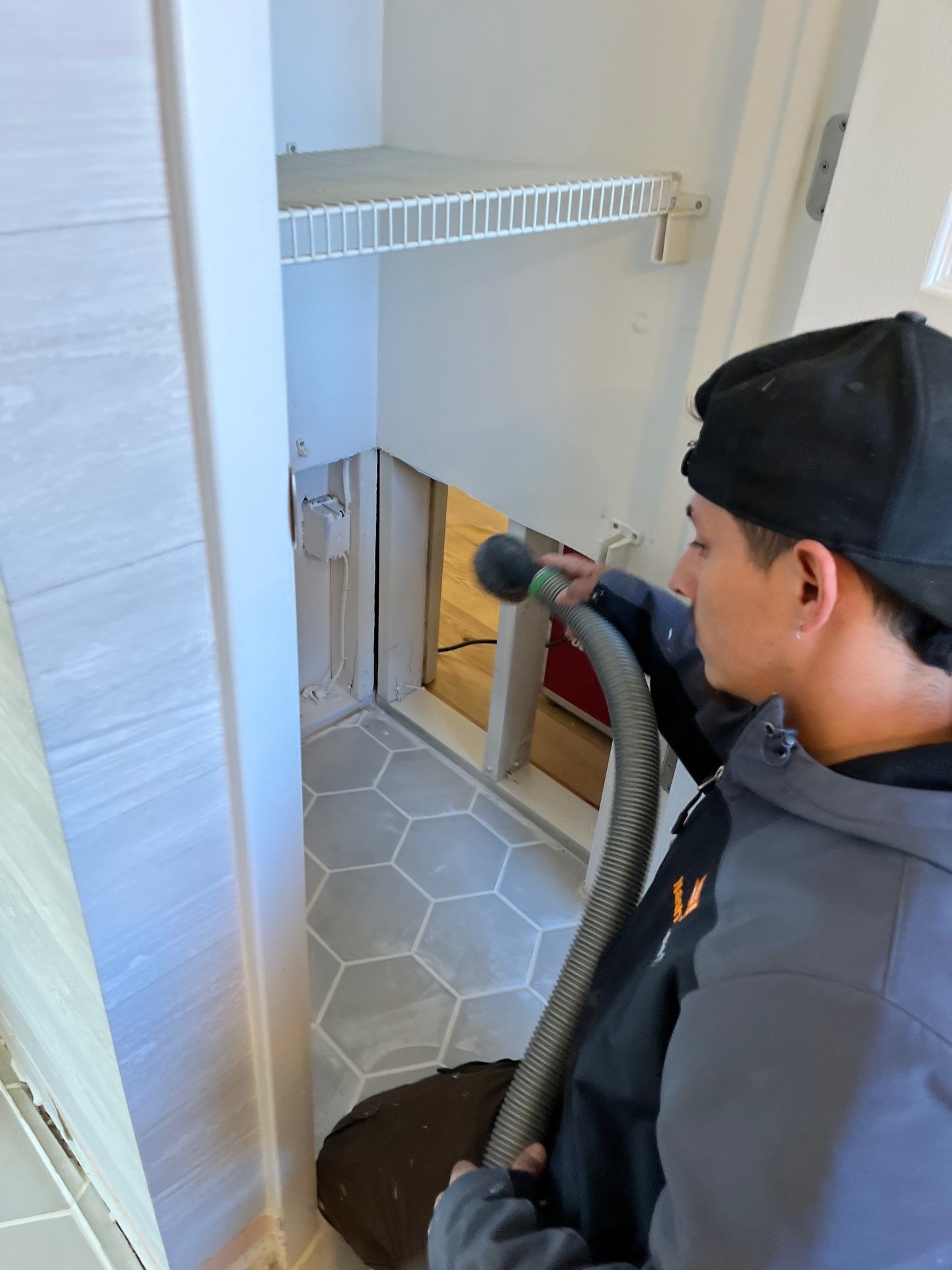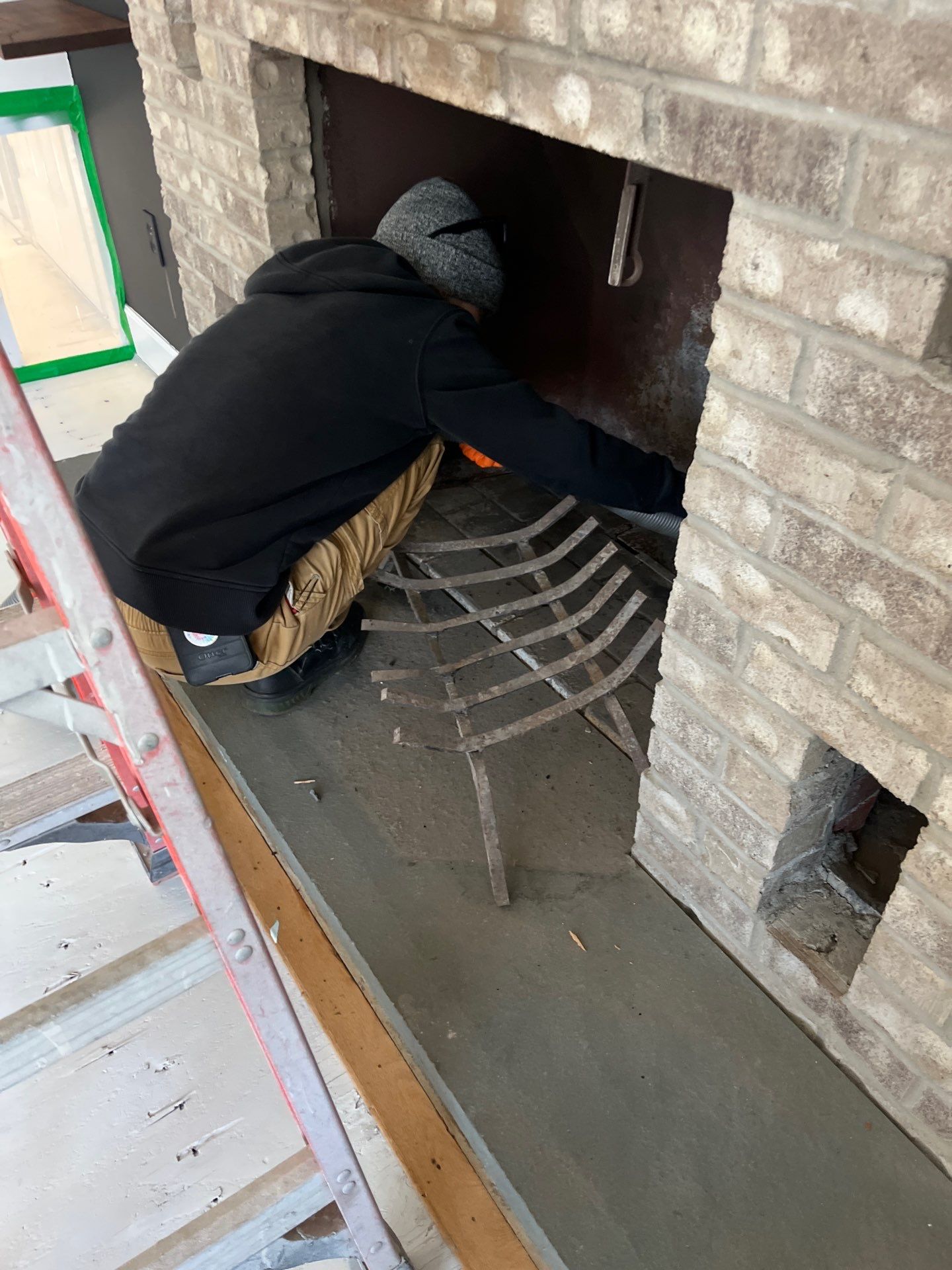Worried About Mold in Your Belleville Home or Business?
Many people living and working in Belleville notice signs that something may be wrong with their indoor air—whether it’s a lingering musty odor, visible staining, or unexplained health symptoms. When you suspect mold is present, it can be hard to relax until you know for sure what you’re dealing with.
What Leads People to Suspect Mold or Poor Air Quality
Mold can grow quietly and spread quickly, especially after water damage or in areas with high humidity. In Belleville, changing weather and older buildings can contribute to hidden moisture issues that create ideal conditions for mold growth. Most people begin to investigate when they notice:
- Musty or earthy odors that won’t go away
- Dark spots or discoloration on walls, ceilings, or around vents
- Peeling paint, bubbling wallpaper, or soft drywall
- Increased allergy symptoms indoors
- Headaches or fatigue that seem to worsen while inside
These are often early indicators of a mold problem or other air quality concern. Even if mold isn’t visible, it may be growing behind surfaces or circulating through your HVAC system.
Health Risks Associated with Mold Exposure
Mold is not just a property concern—it can affect your health, especially with prolonged exposure. Some people are more sensitive than others, including children, the elderly, and those with asthma, allergies, or weakened immune systems. Health symptoms that may be linked to mold exposure include:
- Sinus congestion and sneezing
- Coughing or throat irritation
- Eye irritation or itchy skin
- Wheezing or difficulty breathing
- Brain fog, fatigue, or headaches
If you or someone in your home is experiencing ongoing symptoms with no clear explanation, it may be worth looking into the air quality and potential mold presence in your environment.
How Mold and Indoor Air Quality Are Tested
Accurate testing helps confirm if mold is present and identifies the areas and conditions contributing to the problem. Nash Everett offers comprehensive indoor air quality testing and mold evaluation services in Belleville, using advanced equipment and lab-supported analysis. Some of the most common methods include:
- Air sampling to detect elevated levels of airborne mold spores
- Surface sampling of visible mold or suspect areas
- Humidity and moisture readings to locate areas of concern
- Thermal imaging to detect hidden dampness behind walls and ceilings
These testing tools give insight into whether there is a mold issue and what steps may be needed to improve indoor air conditions.
What Happens if Mold Remediation Is Needed
When mold is confirmed, remediation is the next step. The goal is to safely remove contaminated materials, clean the air, and prevent future mold growth by addressing the source of moisture. Every building and situation is different, but most mold remediation projects include:
- Containment of affected areas to prevent cross-contamination
- Air filtration using HEPA filters to reduce airborne spores
- Removal and safe disposal of mold-damaged materials
- Thorough cleaning of surrounding surfaces
- Drying and dehumidification to eliminate residual moisture
Remediation is not just about removing visible mold—it’s about restoring a clean, healthy indoor environment for everyone who lives or works there.
Supporting Belleville with Experience and Care
Nash Everett has earned the trust of families, property managers, and business owners across New Jersey through professional mold services that prioritize both accuracy and compassion. We understand the stress that comes with potential mold problems, and we bring years of experience, licensed expertise, and detailed attention to every project. If you’re in Belleville and have questions about mold, indoor air quality, or what steps to take next, Nash Everett is here to help you find answers and solutions that make sense for your space and your health.



